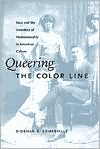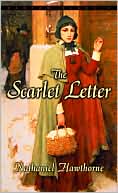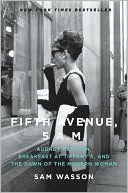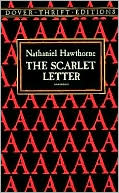Queering the Color Line: Race and the Invention of Homosexuality in American Culture
Queering the Color Line transforms previous understandings of how homosexuality was “invented” as a category of identity in the United States beginning in the late nineteenth century. Analyzing a range of sources, including sexology texts, early cinema, and African American literature, Siobhan B. Somerville argues that the emerging understanding of homosexuality depended on the context of the black/white “color line,” the dominant system of racial distinction during this period. This book...
Search in google:
The interconnected constructions of race and sexuality at the turn of the century.Library JournalBlack and queer studies have, for the most part, proceeded separately; here, Somerville (English and women's studies, Purdue Univ.) examines the intersections between these fields. In five essays, she looks at the writings of Jean Toomer and Pauline E. Hopkins, James Weldon Johnson's Autobiography of an Ex-Coloured Man, the film A Florida Enchantment, and scientific racism. Although limited in scope, her essays do address a number of issues significant in turn of-the-century African American and gay life--like "passing" and self-identification--and, in doing so, raise interesting questions about the representation of race and sexual identity in U.S. culture. Recommended for all academic sociology and literature collections.--Anthony J. Adam, Prairie View A&M Univ. Lib., TX Copyright 1999 Cahners Business Information.
AcknowledgmentsIntroduction11Scientific Racism and the Invention of the Homosexual Body152The Queer Career of Jim Crow: Racial and Sexual Transformation in Early Cinema393Inverting the Tragic Mulatta Tradition: Race and Homosexuality in Pauline E. Hopkins's Fiction774Double Lives on the Color Line: "Perverse" Desire in The Autobiography of an Ex-Coloured Man1115"Queer to Myself As I Am to You": Jean Toomer, Racial Disidentification, and Queer Reading131Conclusion166Appendix177Notes181Bibliography221Index249
\ From the Publisher“Queering the Color Line is a groundbreaking study that sets a new agenda for critical investigations of the intersecting histories of race and sexuality in the United States. Siobhan Somerville provides a model of interdisciplinary, politically engaged scholarship that is certain to become required reading in queer studies, race theory, and U.S. history as well as American literature.”—Lisa Duggan, New York University\ “By offering a new understanding of the emergence of race and sexuality as collaborative entities, Somerville has made an important contribution to the expanding scholarship in African American studies, American studies, queer theory, and cultural studies.”—Robyn Wiegman, author of American Anatomies: Theorizing Race and Gender\ “This book pioneers new strategies for understanding the intersectionality of sexuality and race formation. Equally adept at textual analysis and historical contextualization, Somerville demonstrates how the early sexological division of people into homosexuals and heterosexuals was profoundly shaped by the discourse of scientific racism, and she elaborates her argument through a series of subtle reinterpretations of cinematic and literary texts that illuminate the profound—usually inexplicit—interdependence of racial and sexual discourse. A pathbreaking study.”—George Chauncey, University of Chicago\ \ \ \ \ \ Library JournalBlack and queer studies have, for the most part, proceeded separately; here, Somerville (English and women's studies, Purdue Univ.) examines the intersections between these fields. In five essays, she looks at the writings of Jean Toomer and Pauline E. Hopkins, James Weldon Johnson's Autobiography of an Ex-Coloured Man, the film A Florida Enchantment, and scientific racism. Although limited in scope, her essays do address a number of issues significant in turn of-the-century African American and gay life--like "passing" and self-identification--and, in doing so, raise interesting questions about the representation of race and sexual identity in U.S. culture. Recommended for all academic sociology and literature collections.--Anthony J. Adam, Prairie View A&M Univ. Lib., TX Copyright 1999 Cahners Business Information.\ \








